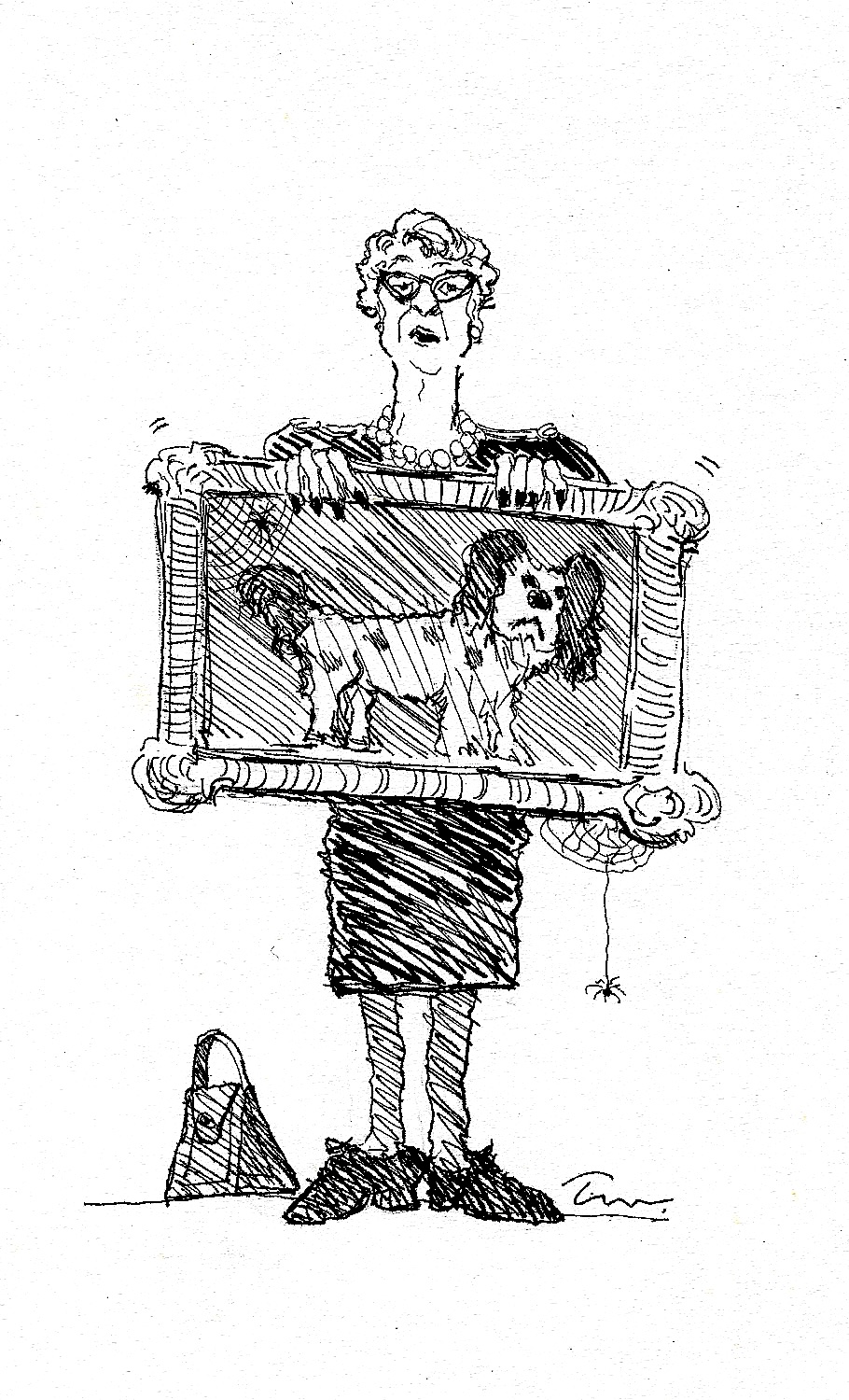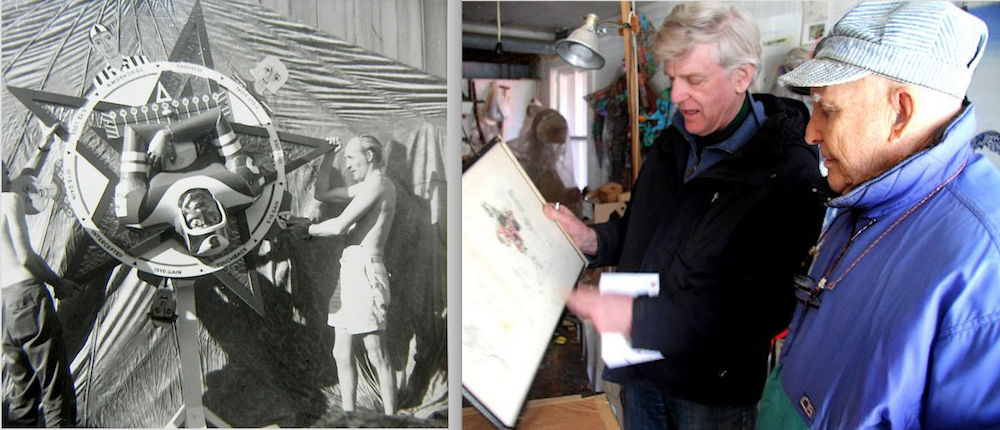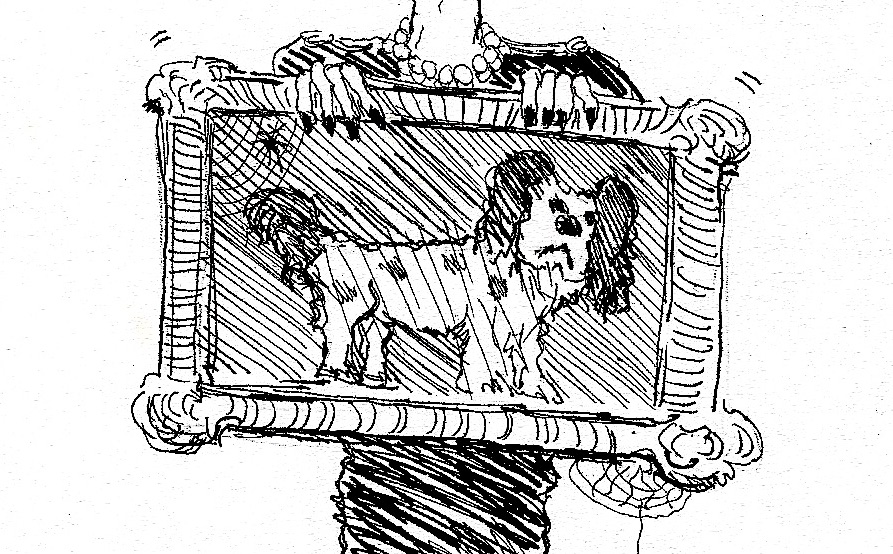Managing Artists’ Collections
The Starting Point for Practical Advice.
Decades should not have to pass before artists or their heirs consider practical strategies to preserve and promote a life’s work and archive. The Dumpster is not a legacy option. Therefore, the big question looms: To whom can artists or their heirs turn for advice? Discoveries in American Art is a publication for which some artists will qualify but there are so many worthy cases that it’s impossible for one platform to dedicate the time commitment required to work with all of them.
Securing the opinion of an objective professional steeped in art history as well as the inner workings of the art market is the first step. That advisor knows an artist’s age can never be held as the measure of true innovation, vision, historical significance — or value. They know that the most prolific among artists (whether they are emerging, mid career, or late career) consistently pursue their creativity with a parallel desire for critical recognition. That pursuit first necessitates a discussion that explores the artist’s concomitant desire for validation, which as a happy consequence also builds their market and prices. But some artist’s careers are like bell curves, rising like meteoric flares only to suddenly burn out and disappear. This side of the equation sees that few artists have been successful on their own in developing and implementing the most practical strategies for preserving their chapter in art history — their legacy. The need for a marketing and promotion plan itself requires professional effort that is as focused as the artist had been in creating their work.

For those with little or no experience, weaving one’s way through the art market requires a guide. Google “art advisor” and you’ll get more than 300 million results! The plethora of fine art advisors in the art world is composed almost entirely of individuals, not companies. Their depth of experience, art historical knowledge — and that bygone term, connoisseurship — varies widely. Because virtually all of them seek to become engaged in guiding the purchases of private collectors, these art advisors serve, for the most part, as private brokers between buyers and sellers. On the buy side, they establish relationships with wealthy individuals who they hope will develop into serious educated collectors. They use their good relationships in the market to provide access for their clients to buy what they feel to be top quality artworks. Most broker advisors coach their clients about buying at auction and at galleries. In the best-case scenario they can sometimes slip quietly under the radar for their wealthy clients and buy directly from established private collections or from artists or their estates. Cynics would characterize these buyers as being from the world of the one-tenth-percenters, many of whom are more concerned with what’s hot in contemporary art rather than really grasping quality and understanding cultural significance. After all, buying pricey art often has a lot to do with the benefits of social bootstrapping.

The other type of advisor is one who provides career advice and direction for artists or their estates. This is a rare breed, entirely different from the broker advisor. In this realm of advising, a crucial first step is to secure no-nonsense advice. That’s why we recommend engaging the publisher of Art Business — Alan Bamberger — as a first step. Alan is best known as the author of The Art of Buying Art: How to Evaluate and Buy Art Like a Professional Collector (revised in 2018). He always puts his readers squarely in the shoes of dealers and appraisers. Because he knows the rules of the art market game, his book also stands out for being as indispensable for artist estates as it is for collectors. His service as a veteran art advisor is especially welcome news for those working with a slim budget because his $150 fee for a one-hour consultation is not only economical — it’s unique. Most important, he makes certain his clients get soundly grounded on the right course. Alan has been consulting both artists and galleries for decades. He’s been quoted in the New York Times, The Wall Street Journal, and many other financial and art market publications.
When Alan’s syndicated column, “Art Talk,” first appeared in many collectibles magazines in 1985 I became a regular reader. We finally met years later, when I was writing a monthly feature on the art market for Art + Auction magazine. It was clear that we shared a philosophy of providing useful information — information that helped people navigate the last of the truly unregulated markets — one that has remained undeniably complex and capricious. I was surprised on that visit when our discussions also led to the serendipity of my purchasing from Alan the collection of a great visionary Outsider artist he had rescued — Ed Nelson.
To be clear, Alan is not a hands-on manager of artist estate collections. Rather, he’s a valuable starting point. His frank assessment is important because he will grasp the correct direction for the next steps that should be taken. He’ll explain why the art being shared with him is derivative and decorative — or clearly innovative. He’ll advise whether the collection signals the need for a deeper examination, which should lead to its organization and documentation. He’ll openly discuss the pricing logic — and whether the artist or family members have expectations that are grossly undervalued or overvalued.

Yes, DIAA and some of the members of our Curatorial Board provide that hands-on management of artist estate collections. In-depth management will be the focus of our next articles in this series. When any of our Curatorial Board members become involved, we provide specific guidance: the plan for organizing, documenting, and caring for the collection; building a scholarly foundation for the project; finding experienced and trusted galleries to exhibit and sell the works; and, assisting in promotional initiatives. But first, get an objective overview from Alan Bamberger. You’ll look back and see that he steered you in the appropriate direction.
— Peter Hastings Falk, May 2019

